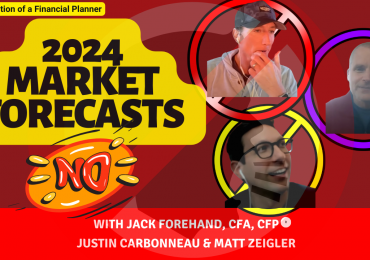A provocative article in The Atlantic highlights the unsuccessful track record of “expert” forecasters, regardless of their area of specialty or level of experience. However, the article points out that those not invested in a single discipline but rather who integrate “apparently contradictory worldviews” are more successful at predicting outcomes.
The article shares findings of a 20-year study conducted in the 1980s by psychologist Philip Tetlock that analyzed over 82,000 predictions from 284 “highly educated experts who averaged more than 12 years of experience in their specialties.” The study found that experts were “by and large, horrific forecasters” and, specifically, that highly specialized, so-called “hedgehogs” who were deeply focused on one thing were the poorest performers. On the other hand, those who applied a more integrative approach to their thinking—referred to as “foxes”—fared much better and outperformed their colleagues in “pretty much every way.”
Tetlock found that hedgehogs fell particularly short on long-term predictions within their specialties and “they got worse a they accumulated experience and credentials in their field. The more information they had to work with, the more easily they could fit any story into their worldview.” He also discovered that while both foxes and hedgehogs were “quick to let a successful prediction reinforce their beliefs,” foxes were much more likely to adjust their ideas when an outcome took them by surprise. Hedgehogs, on the other hand, “barely budged.”
The article concludes that the best forecasters “view their own ideas as hypotheses in need of testing. If they make a bet and lose, they embrace the logic of a loss just as they would the reinforcement of a win. This is called, in a word, learning.“






